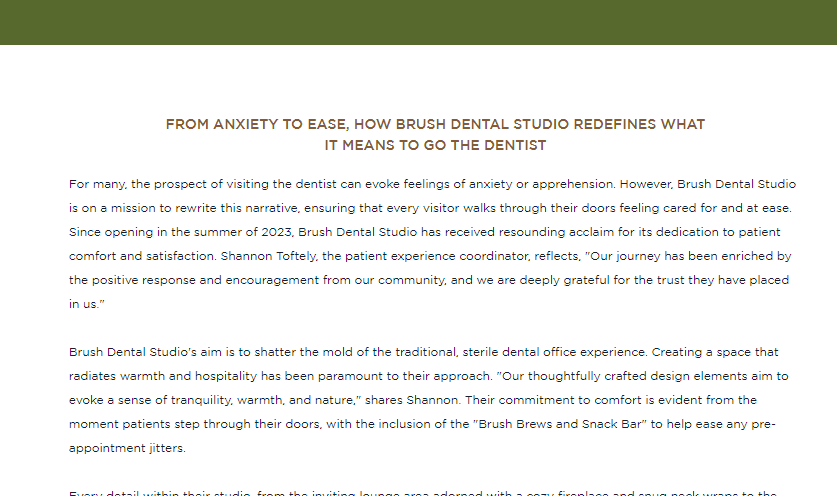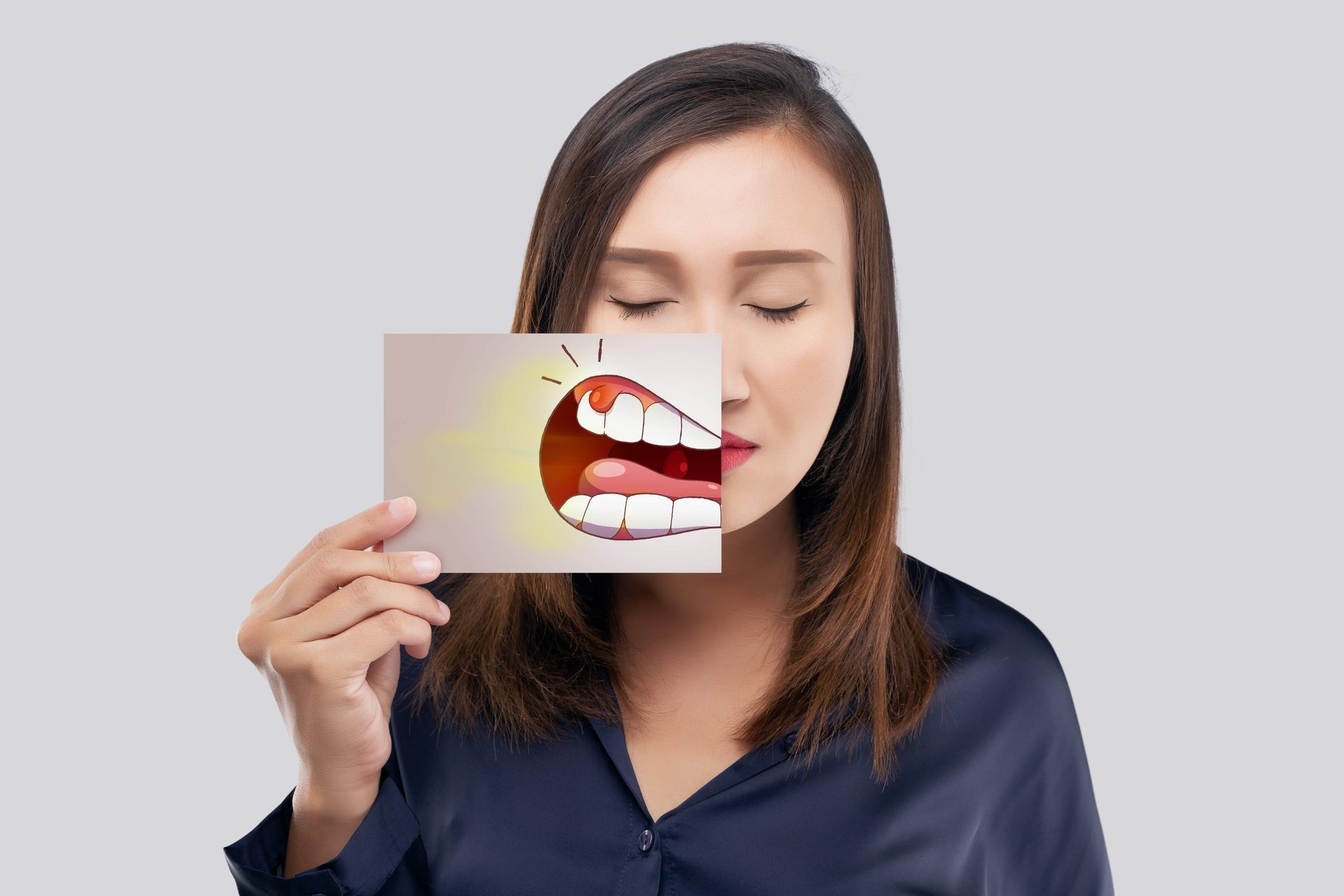Understanding Jaw Disorders: Causes, Symptoms, and Treatment
As a dentist, I often see patients who experience discomfort or pain in their jaw. Disorders of the jaw can be caused by a variety of factors and can range from mild to severe. Proper diagnosis and management of jaw disorders are crucial for improving quality of life and preventing further damage to the jaw.
There are several types of jaw disorders, including temporomandibular joint (TMJ) disorders, bruxism (teeth grinding), and jaw misalignment. TMJ disorders occur when there is a problem with the joint that connects the jawbone to the skull, causing pain or discomfort in the jaw, face, or neck. Bruxism is a condition where patients clench or grind their teeth, which can lead to jaw pain or headaches. Jaw misalignment can occur due to genetics, trauma, or other factors and can cause difficulty with eating, speaking, or swallowing.
Symptoms of jaw disorders may include pain or tenderness in the jaw, clicking or popping sounds when opening or closing the mouth, difficulty opening or closing the mouth, headaches, and ear pain. If you are experiencing any of these symptoms, it is important to schedule an appointment with your dentist as soon as possible.
Now, let's take a look at some frequently asked questions about jaw disorders:
How are jaw disorders diagnosed?
Jaw disorders are typically diagnosed through a combination of medical history, physical examination, and diagnostic tests such as x-rays or CT scans.
What are the treatment options for jaw disorders?
Treatment for jaw disorders may include lifestyle changes such as stress reduction, avoiding hard or chewy foods, and practicing good oral hygiene habits. Medical treatments may include medications, physical therapy, or splint therapy to reduce the strain on the jaw muscles and joints.
Can dental treatments help with jaw disorders?
Yes, certain dental treatments such as a night guard or splint therapy may be helpful for patients with bruxism or TMJ disorders. These appliances are custom-made to fit over the teeth and provide a cushioning effect to reduce the strain on the jaw muscles and joints.
Can jaw disorders be cured?
While there is no cure for jaw disorders, they can be managed effectively with proper treatment and lifestyle modifications. With proper management, most patients can experience significant improvement in their symptoms and quality of life.
Are jaw disorders dangerous?
Jaw disorders are not typically dangerous, but they can lead to significant discomfort and impact quality of life. In some cases, untreated jaw disorders can lead to further damage to the jaw or other oral structures.
In summary, jaw disorders can be caused by a variety of factors and can significantly impact quality of life. It is important to seek medical attention if you are experiencing symptoms of a jaw disorder. With proper diagnosis and management, most patients can experience significant improvement in their symptoms and quality of life.
Learn More



Office Hours
Monday 8 AM – 5 PM
Tuesday 8 AM – 5 PM
Wednesday 8 AM – 6 PM
Thursday 8 AM – 5 PM
Friday 8 AM – 2 PM
Saturday Closed
Sunday Closed
We book same day appointments
Dental Emergency?
Call us!
El doctor habla español
Office Hours
Monday 8 AM – 5 PM
Tuesday 8 AM – 5 PM
Wednesday 8 AM – 6 PM
Thursday 8 AM – 5 PM
Friday 8 AM – 2 PM
Saturday Closed
Sunday Closed
We book same day appointments
Dental Emergency?
Call us!
El doctor habla español
Office Hours
Monday 8 AM – 5 PM
Tuesday 8 AM – 5 PM
Wednesday 8 AM – 6 PM
Thursday 8 AM – 5 PM
Friday 8 AM – 2 PM
Saturday Closed
Sunday Closed
We book same day appointments
Dental Emergency?
Call us!
El doctor habla español





